2023-08-11
PayPal, the payment powerhouse, just shook the financial world by unveiling its very own stablecoin, the PYUSD! A historic move, as a titan of finance, takes the stablecoin stage for the first time ever. This grand entrance has curious crypto rookies buzzing, asking, 'What's a stablecoin, and why the crypto craze?
Let's dive into the world of stablecoins. They are a special kind of cryptocurrency designed to have a steady, stable value.
In a nutshell, stablecoins are digital currencies that are anchored or linked to the value of another currency, commodity, or financial asset. The main goal of stablecoins is to offer a solution to the extreme price swings often seen in major cryptocurrencies like Bitcoin (BTC), which can make them less practical for everyday transactions.
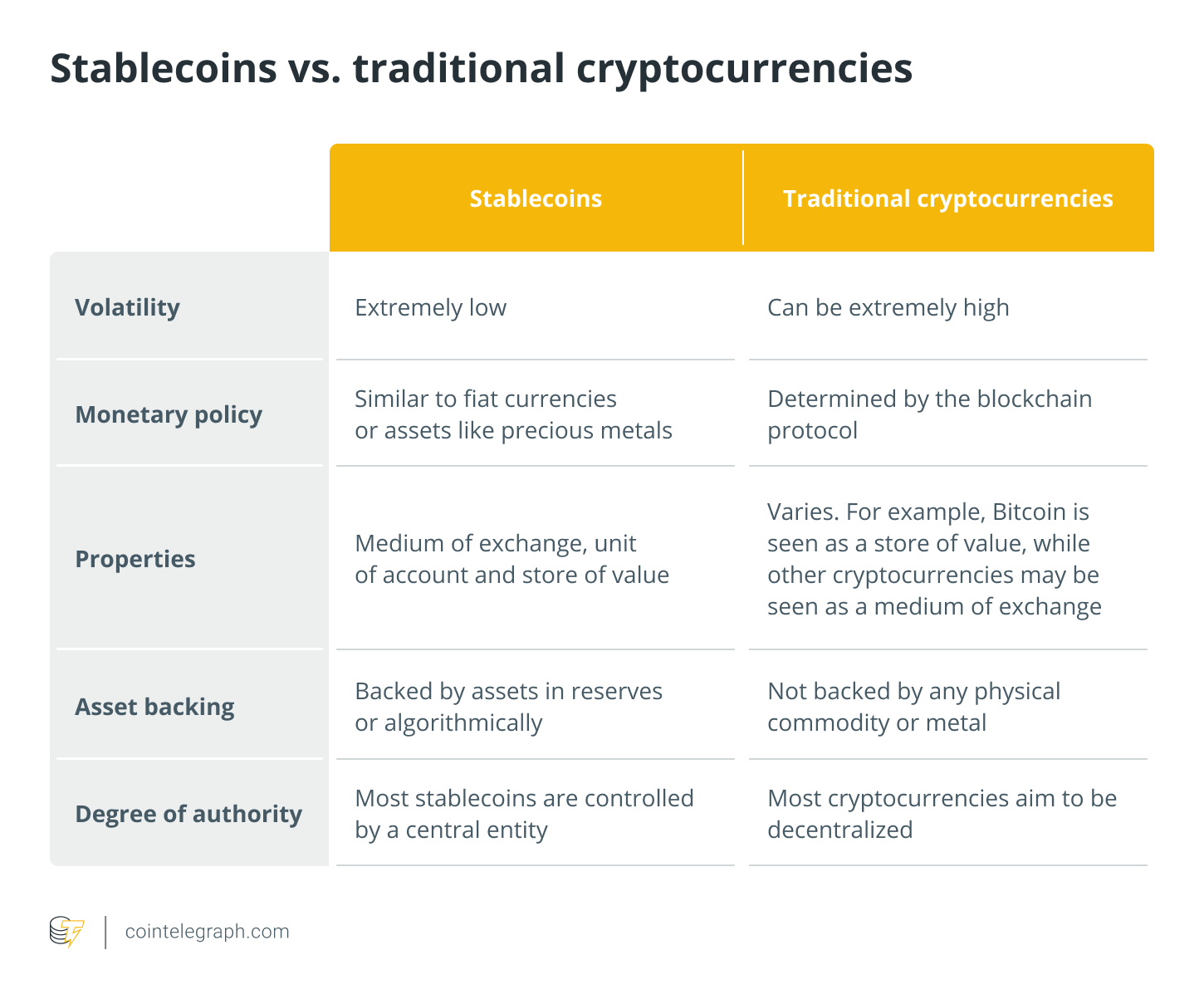
Stablecoins come in various flavors, and they're backed by different kinds of assets:
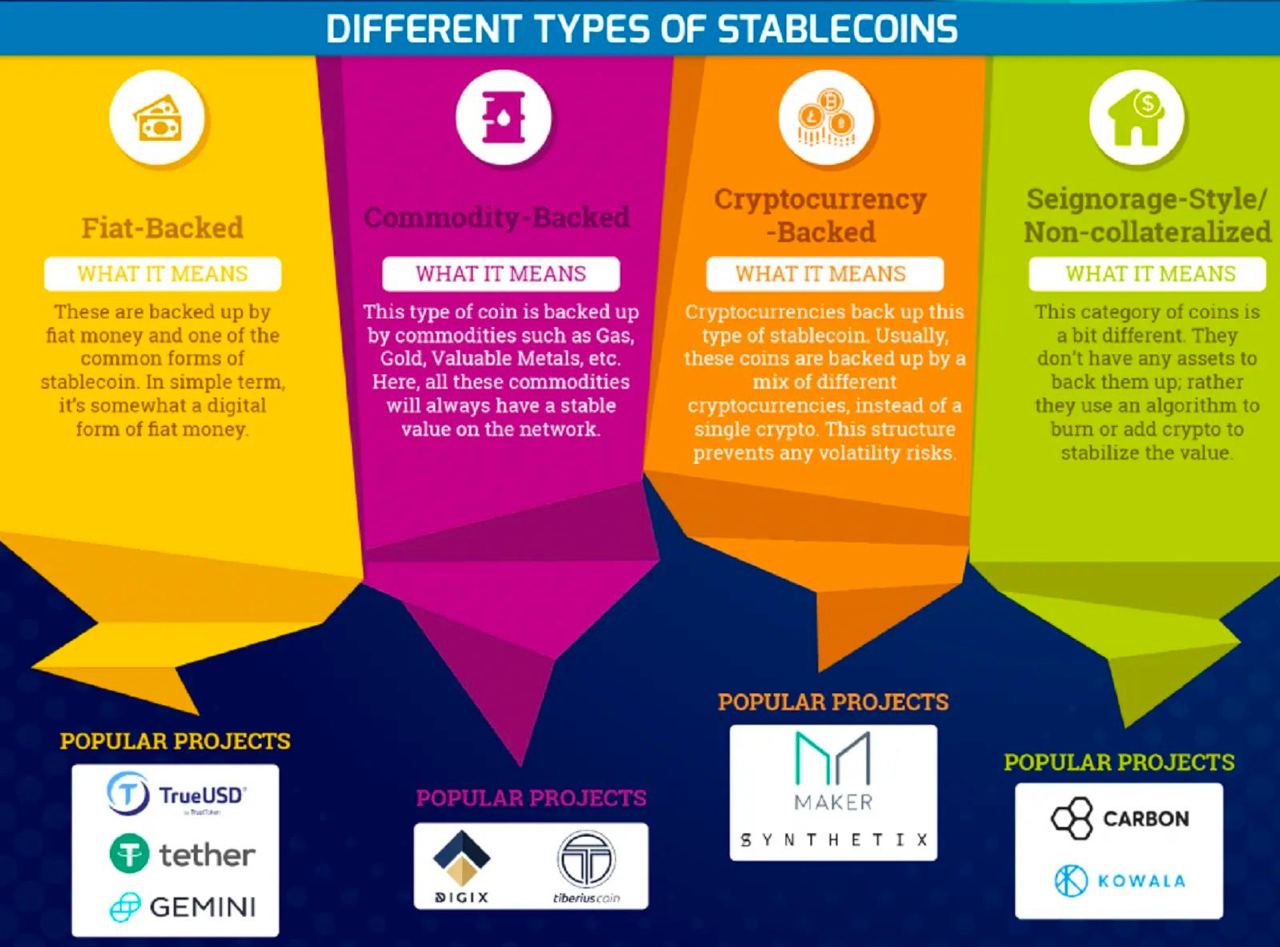
Typically, the issuer of a stablecoin establishes a dedicated "reserve," a secure repository where the underlying asset or a collection of assets supporting the stablecoin are held. For instance, they might store $1 million in a traditional brick-and-mortar bank to back one million units of the stablecoin.
This approach exemplifies how digital stablecoins are tethered to tangible assets in the real world. The funds held in the reserve act as a safeguard for the stablecoin, ensuring that whenever a holder of the stablecoin desires to cash out, an equivalent value of the asset underpinning it is withdrawn from the reserve.
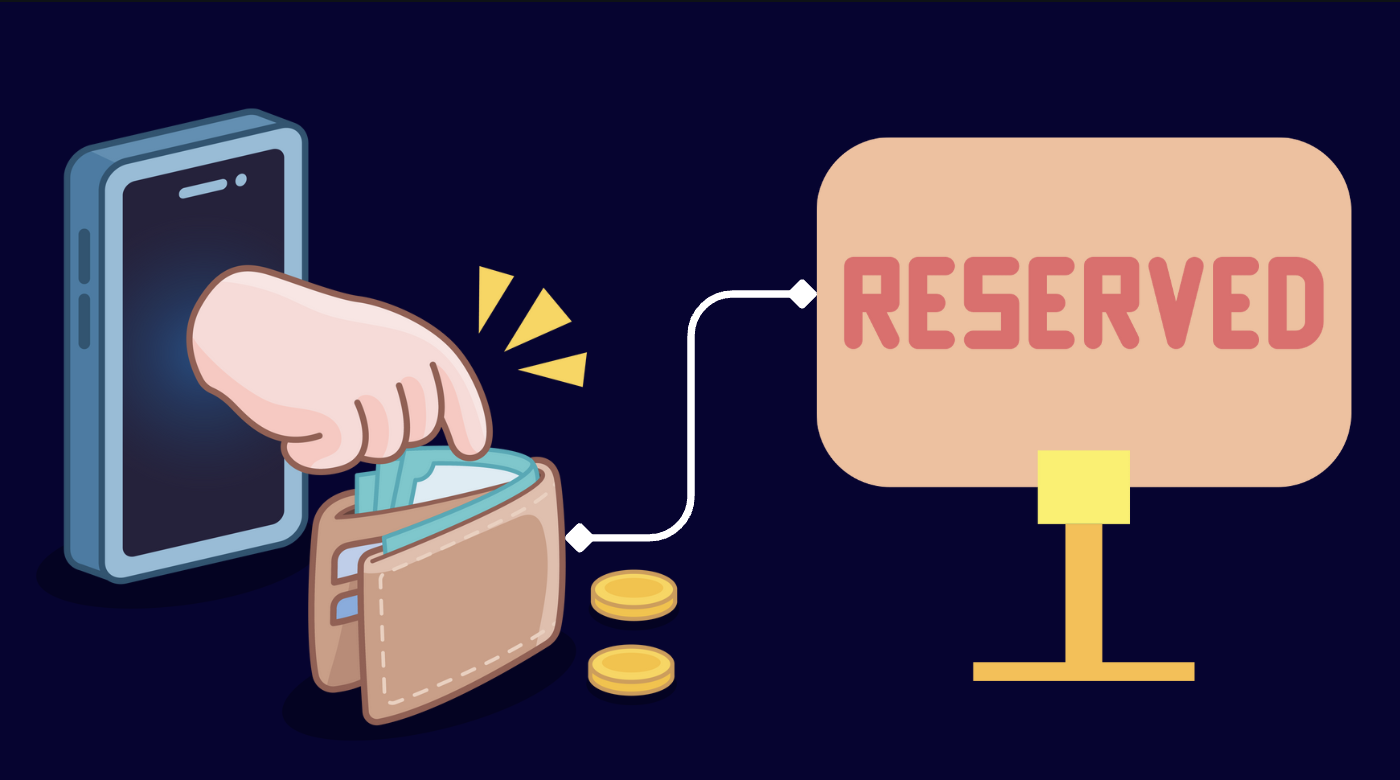
Currently, the most popular stablecoins in the cryptocurrency market include Tether (USDT), USD Coin (USDC), and Dai (DAI).
Talking about Tether (USDT). Tether is one of the oldest stablecoins and launched in 2014, and is the most popular to this day. There are claims that Tether isn't fully backed as it asserts, though this hasn't been confirmed yet.
USDC is a stablecoin by Circle, tied to the value of the US dollar. Each USDC is backed by real dollars or equivalent assets stored in regulated banks. People with US dollar accounts can swap 1 USDC for 1 USD, maintaining the 1:1 value. Other stablecoins like USDT, BUSD, TUSD, and USDP work similarly.
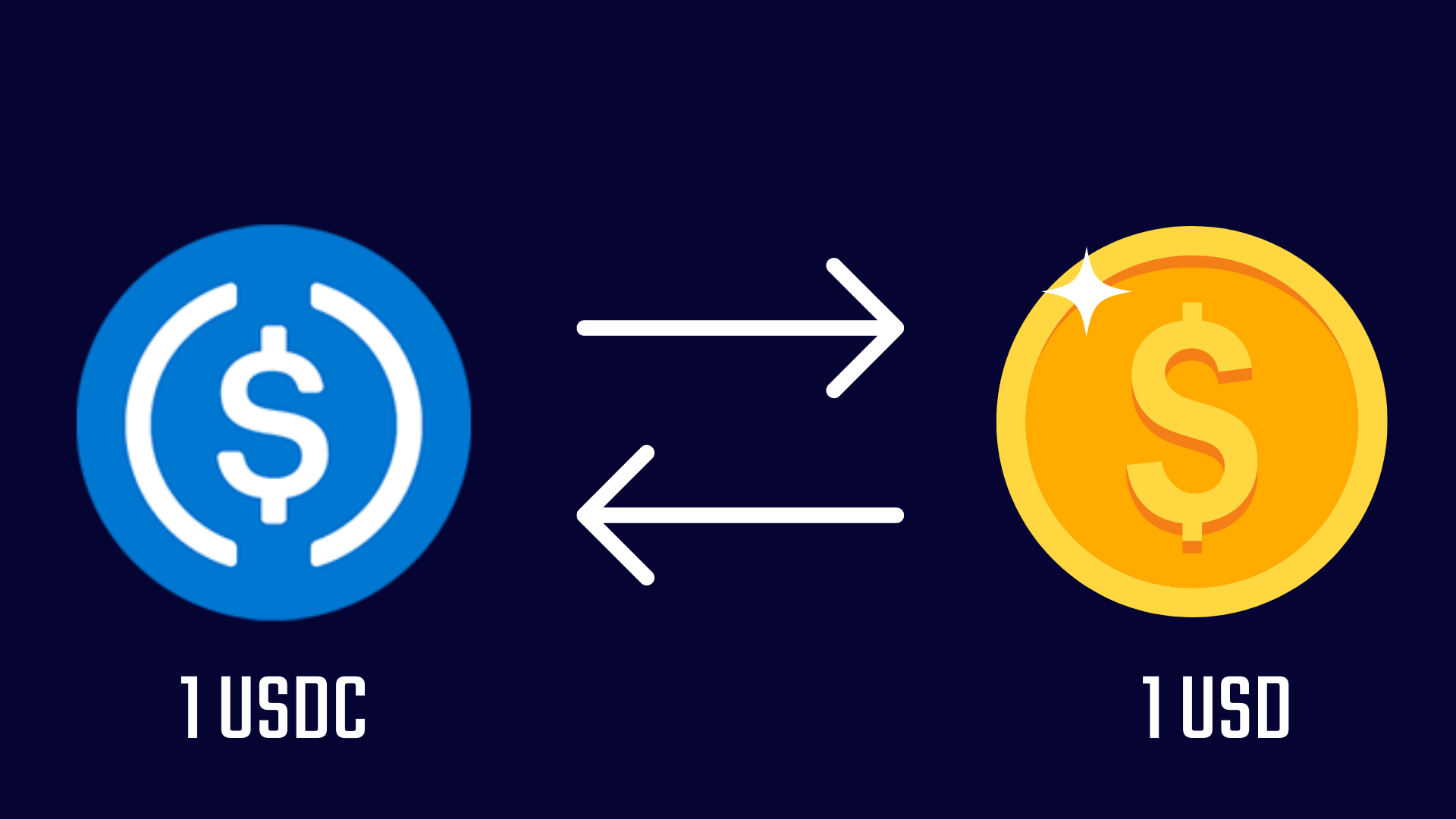
MakerDAO introduced Dai on Ethereum in 2017. Dai is a stablecoin linked to the US dollar, backed by Ethereum's cryptocurrency, ether. Unlike typical stablecoins, Dai is decentralized and relies on smart contracts and incentives to keep its value stable.
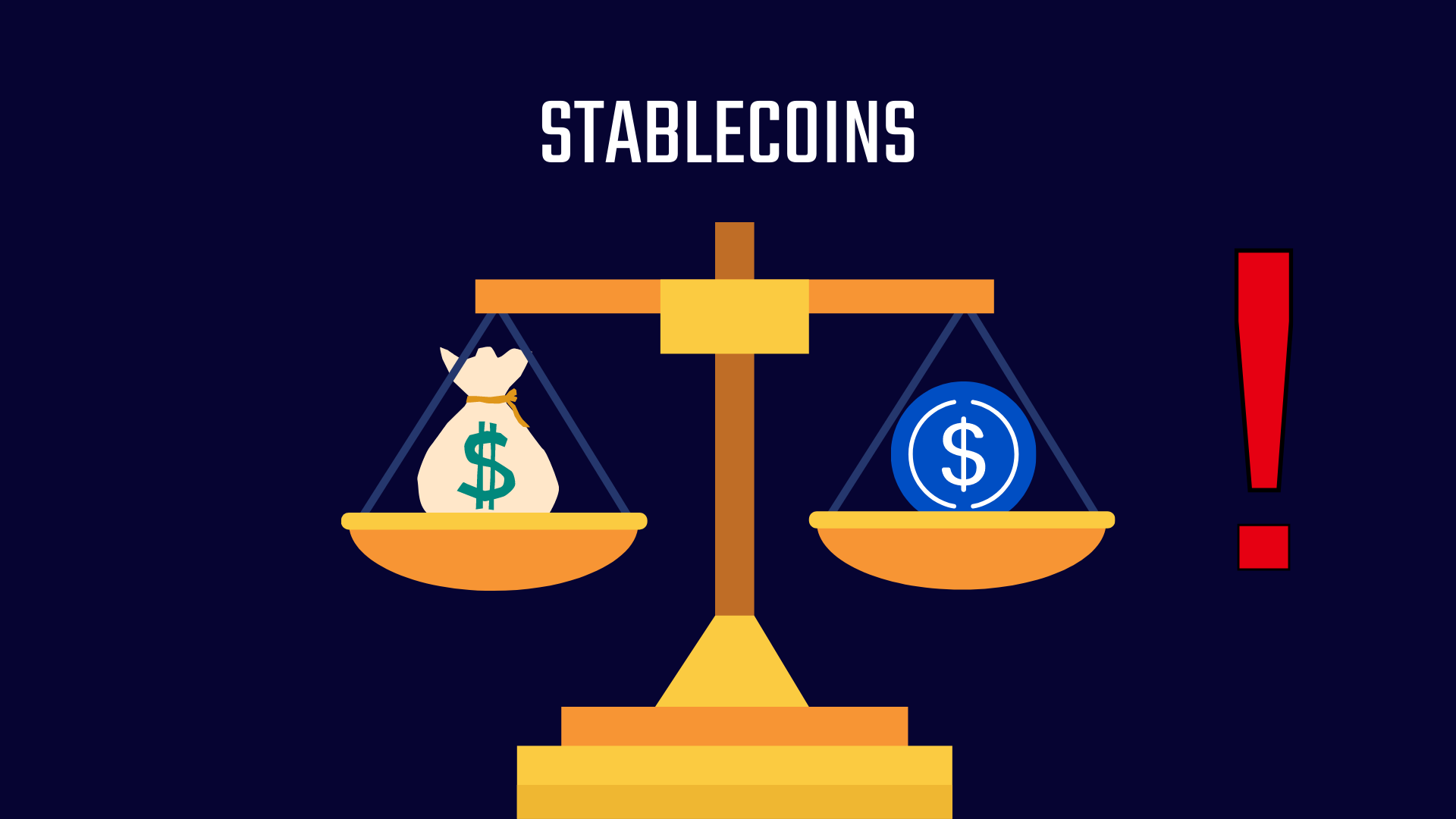
Even though stablecoins aim for stability, they are not exempt from potential risks.
A major concern with stablecoins is counterparty risk. This means there's a chance issuer might not be able to keep the stablecoin tied to its original asset or currency. Imagine a stablecoin tied to the US dollar – if the issuer doesn't have enough actual dollars as backup and faces financial trouble, the stablecoin's value could fall a lot, leading to losses for users.
Certain centralized stablecoins enable issuers to freeze tokens from specific addresses, rendering them inactive. This approach allows stablecoin issuers to immobilize significant amounts of stablecoins acquired through protocol breaches or vulnerabilities.
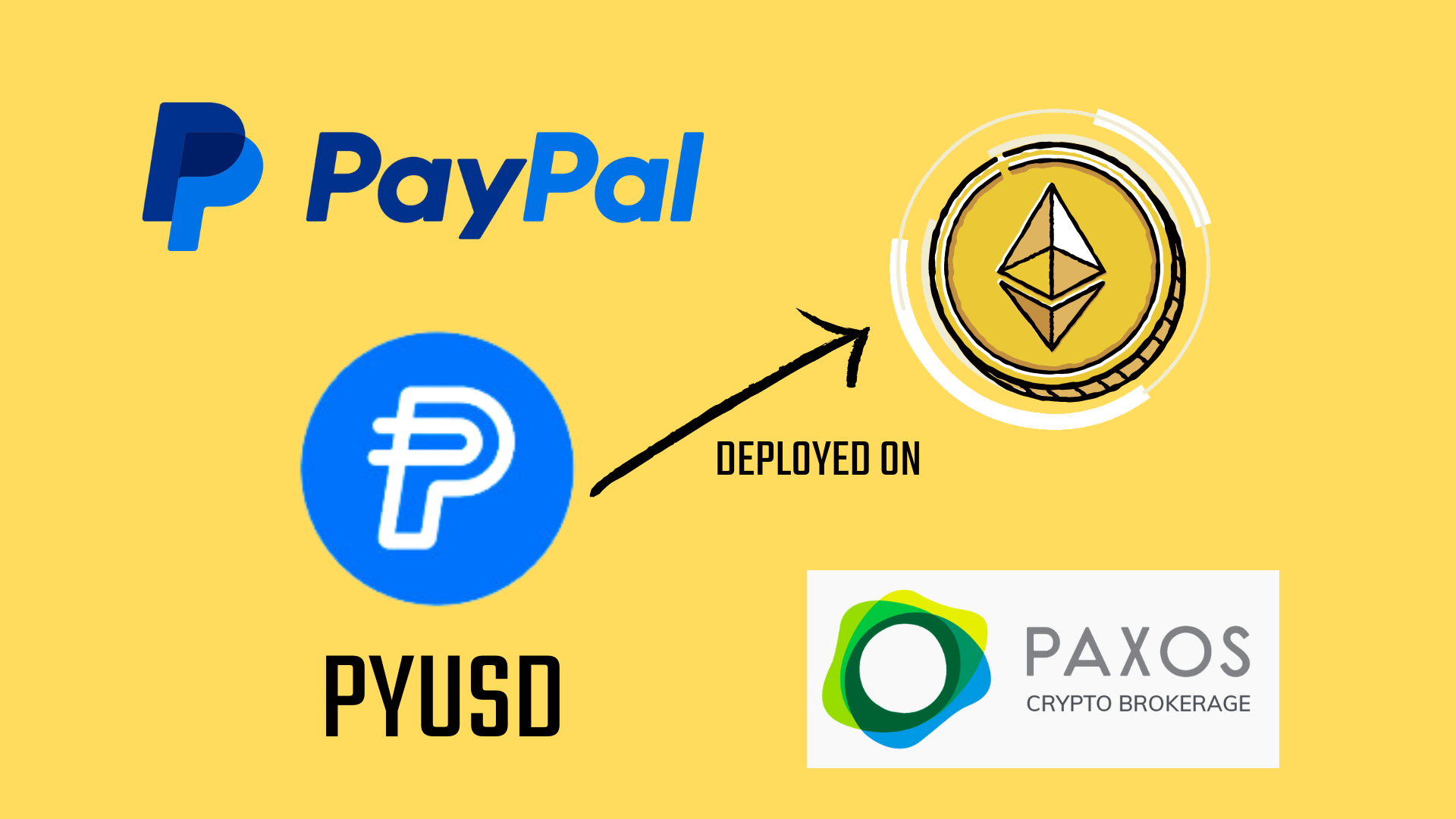
On August 7, 2023, PayPal announced its very own stablecoin called PayPalUSD (PYUSD), which is pegged to the U.S. dollar. This stablecoin will be deployed on Ethereum and will be issued by New York-based Paxos Trust Company, a regulated blockchain infrastructure provider.
In conclusion, stablecoins stand as a beacon of stability in the ever-fluctuating realm of cryptocurrencies. Their ability to maintain a consistent value, coupled with the speed and global reach enabled by blockchain technology, has the potential to reshape how we perceive and interact with money. Whether used as a bridge between traditional finance and the digital age, a store of value in turbulent markets, or a tool for enhancing financial inclusion worldwide, stablecoins offer a versatile solution with far-reaching implications.
We hope this guide has shed light on the significance, mechanics, and potential impact of stablecoins.
As always, we would love to hear your feedback! Please let us know your thoughts about our content, along with any suggestions for improvement through our Twitter account or Telegram channel.
Stay tuned for announcements of upcoming online events such as CryptoZombies Live Workshops and special guest online meetups.
Follow us on Twitter @CryptoZombiesHQ or signup to our mailing list or start a free course @ https://cryptozombies.io.